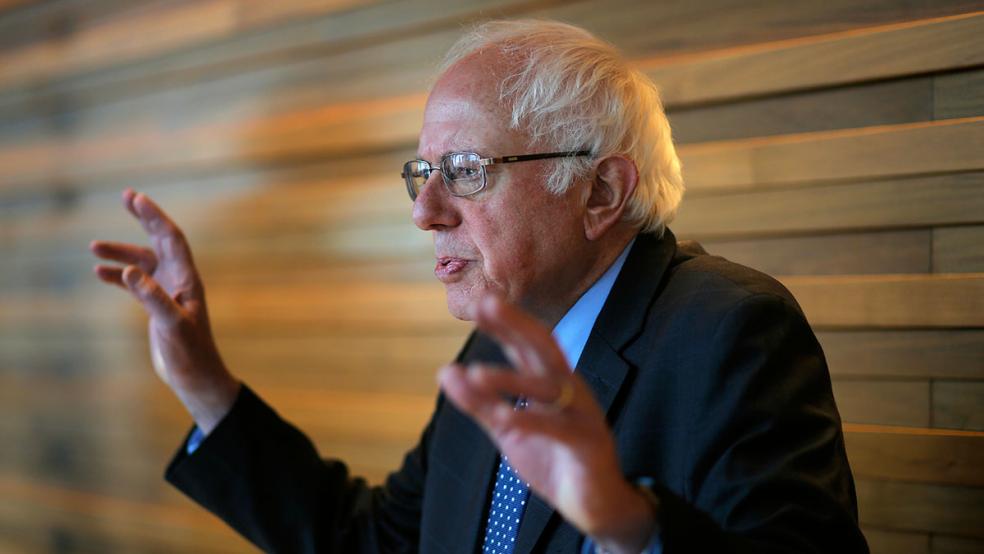Sen. Bernie Sanders (I-VT) announced Tuesday that he’s making another run for the Democratic presidential nomination. Among the items on the 77-year-old democratic socialist’s 2020 agenda: enacting a “Medicare for All” single-payer health care system, the Green New Deal, a minimum wage of $15 an hour, free tuition at public colleges, expanding Social Security benefits and lowering drug prices via government intervention. Read more on Sanders’ policy agenda at The Washington Post or The New York Times.
Asked in an interview with CBS what would be different compared to his 2016 run, Sanders said, “We’re going to win.” Trump re-election campaign spokeswoman Kayleigh McEnany was quick to say that Sanders “has already won” to Democratic primary debate “because every candidate is embracing his brand of socialism. But the American people will reject an agenda of sky-high tax rates, government-run health care and coddling dictators like those in Venezuela.”
The bottom line: Sanders has some powerful advantages, including a large and devoted following, grassroots fund-raising capabilities and campaign experience. But his success in moving the Democratic Party to the left may present some challenges compared to 2016, especially since this time he won’t be the only liberal challenger to an establishment front-runner.
“Many of the items on his 2016 agenda appear to have become articles of faith to many Democratic voters and to some of the other candidates seeking the nomination,” The Washington Post’s Dan Balz writes. “Various other candidates will have pieces of that message, in some cases large pieces. At the same time, there is a brewing debate among the Democratic candidates about the wisdom of taking an agenda that includes pledges of Medicare-for-all and the most aggressive version of a Green New Deal into a general election, just to name two.”




